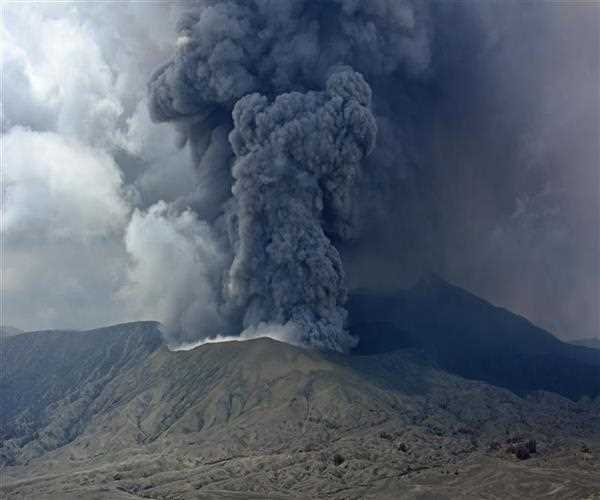
24-Jan-2023
How do volcanoes affect nature
Volcanoes are one of nature’s most fascinating and powerful forces.
They have been around since the dawn of time, and their power to shape our environment is immense.
From eruptions that create new landforms to their ability to significantly alter the climate, volcanoes have a profound influence on the natural world.
We will examine the effects they have on climate and ecosystems, as well as how they can help or hinder human civilization.
Whether you’re curious about the science behind volcanoes or just want to know more about their influence on nature, this post will give you an in-depth look at the subject.
What are volcanoes?
Volcanoes are mountains, but they are very different from the regular mountains that you see on land. Volcanoes are formed when hot molten rock called magma rises up to the surface. The magma is heated by the earth's hot interior. When the magma is thick, gas doesn't escape from it very well and the pressure builds until an explosive eruption can happen.
How do volcanoes erupt?
- Volcanoes are mountains, but at the core of every volcano is a molten rock called magma. This magma is formed when the earth’s mantle (a layer of the earth) melts. Magma is much hotter than the mantle, so it rises to the surface. When it reaches the surface, it can either cool and solidify to form new rock, or it can erupt from the volcano.
- When magma erupts from a volcano, it can be very dangerous. The magma is full of gas bubbles that expand as they reach the surface. When these gas bubbles burst, they shoot bits of hot magma into the air. This magma can be very dangerous if it hits someone.
- Volcanic eruptions can also be very destructive. They can cause mudslides, flash floods, and wildfires. Volcanoes can also spew out toxic chemicals that pollute the air and water.
Effects of volcanic eruptions on nature
- Volcanoes have a big impact on nature. They can cause destruction and death, but they can also create new land.
- A volcanic eruption is one of the most powerful forces on Earth. It can cause great damage to people and buildings. Volcanoes can also cause death, injuries, and diseases. People who live near volcanoes must be prepared for these dangers.
- When a volcano erupts, it sends hot lava, rocks, and ash into the air. This can destroy homes and crops. The lava can also block roads and rivers. The ash can make it hard to breathe and can damage cars and buildings.
- Volcanoes can also create new land. When a volcano erupts, the lava cools and forms new rock. Over time, plants grow on this new rock. This process has created some of the most beautiful places on Earth, such as Hawaii and Iceland
How do volcanoes affect the environment
Volcanoes are one of the most powerful forces on Earth, and they can have a big impact on the environment. When a volcano erupts, it can release harmful gases and chemicals into the air. These can cause acid rain, which can damage plants and animals. Volcanoes can also cause landslides and tsunamis, which can destroy homes and kill people.
Conclusion
Volcanoes have a much greater impact on nature than most people realize.
They are responsible for supplying large amounts of nutrients to the soil and creating new land, while their eruptions can cause destruction and devastation when they reach populated areas.
Volcanic activity is also an important part of the global carbon cycle, releasing carbon dioxide into the atmosphere and helping to regulate our climate.
Understanding more about volcanoes and their effects on nature is key to helping us better predict future volcanic activity so that we can prepare for potential disasters caused by these powerful geological forces.

SEO and Content Writer
I am Drishan vig. I used to write blogs, articles, and stories in a way that entices the audience. I assure you that consistency, style, and tone must be met while writing the content. Working with the clients like bfc, varthana, ITC hotels, indusind, mumpa, mollydolly etc. has made me realized that writing content is not enough but doing seo is the first thing for it.
Join Our Newsletter
Subscribe to our newsletter to receive emails about new views posts, releases and updates.
Copyright 2010 - 2026 MindStick Software Pvt. Ltd. All Rights Reserved Privacy Policy | Terms & Conditions | Cookie Policy